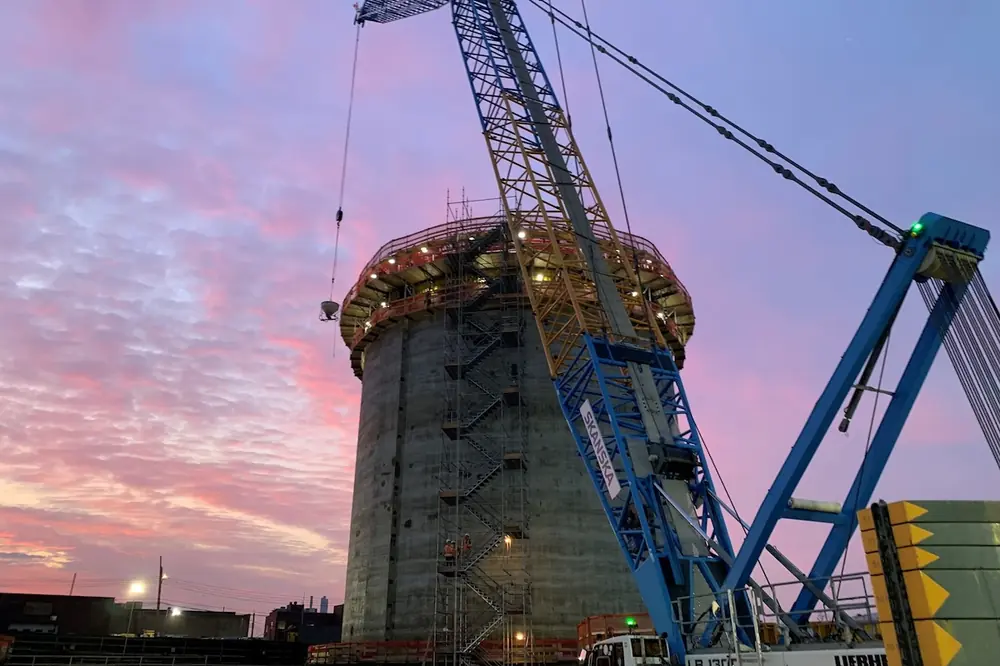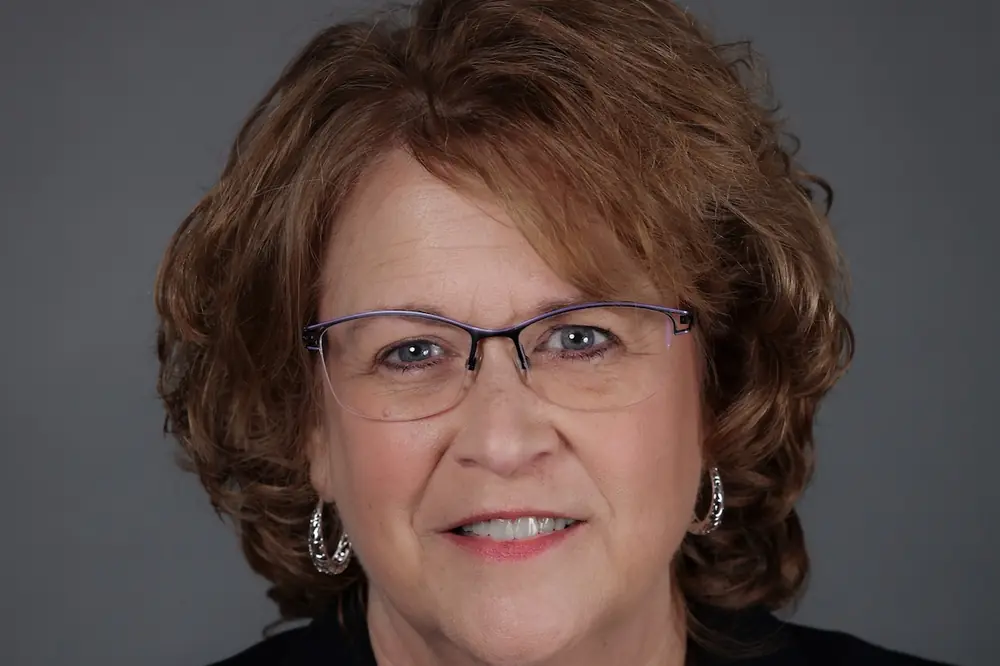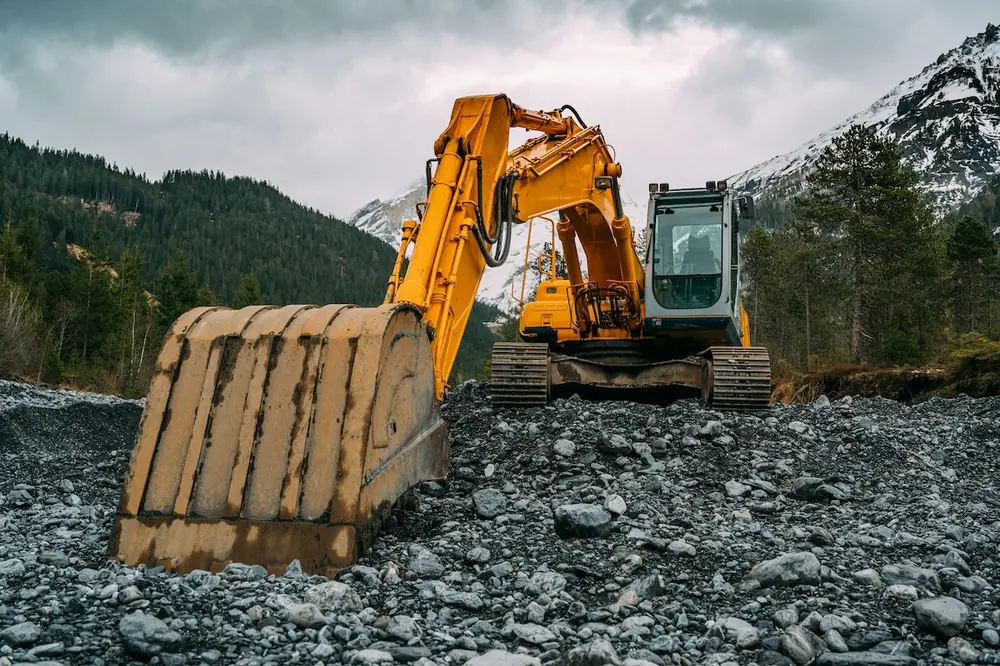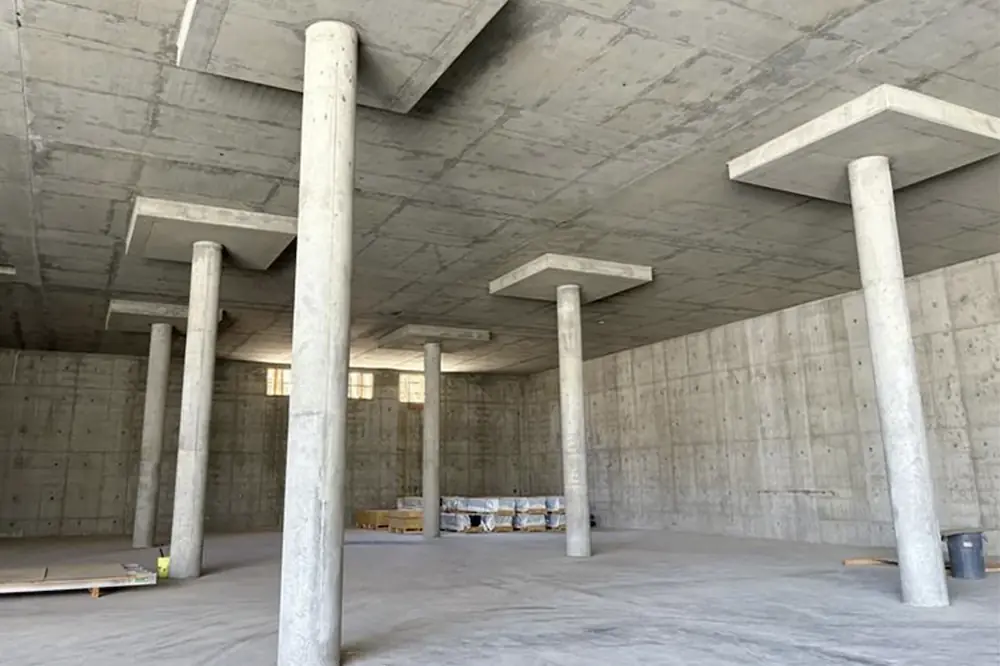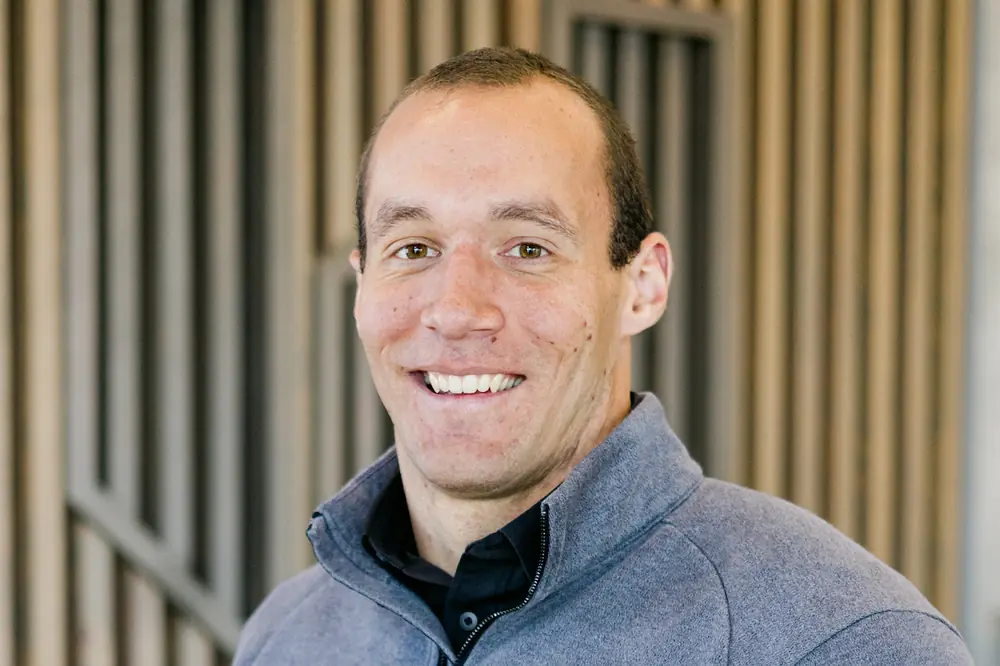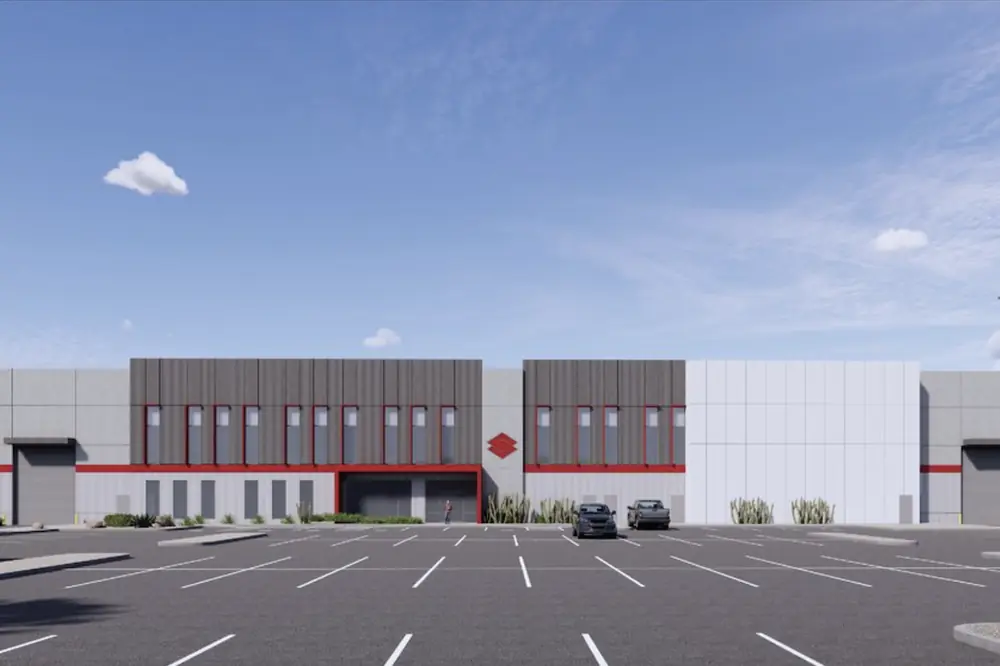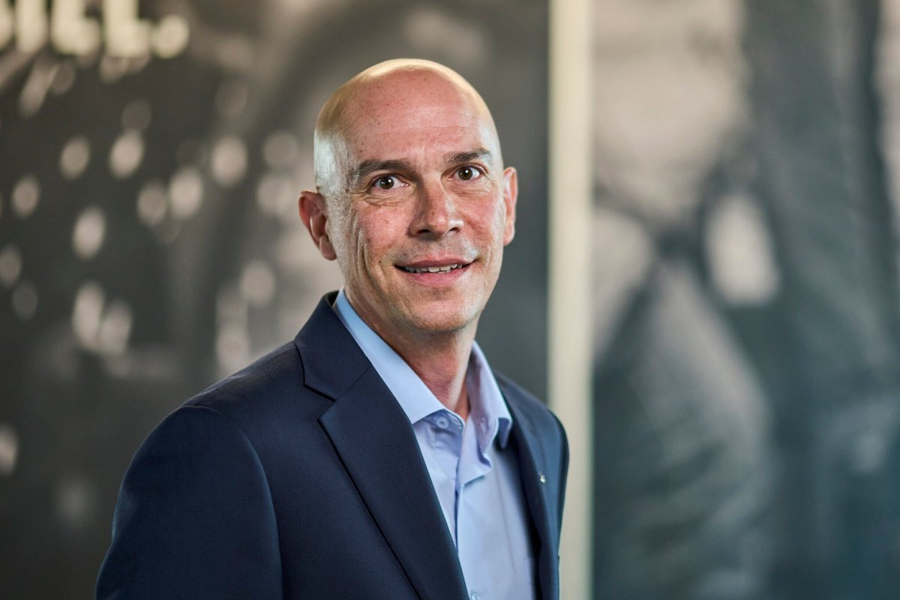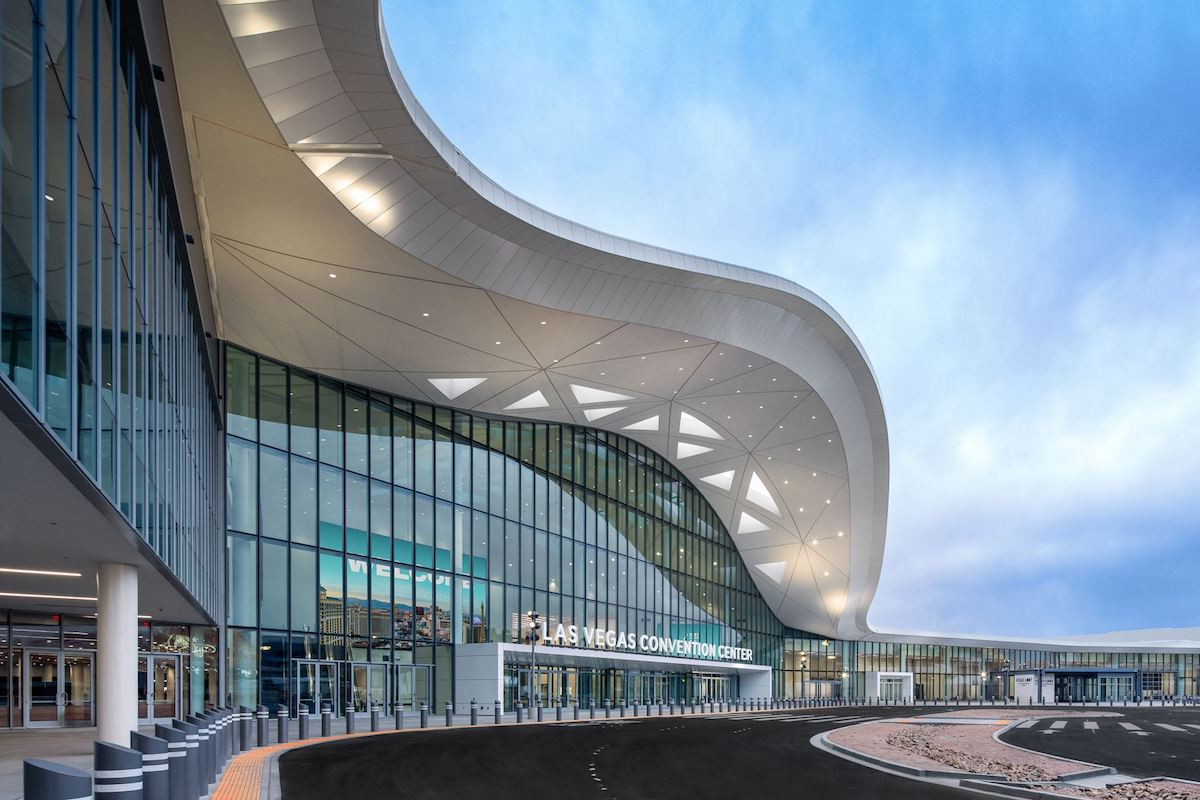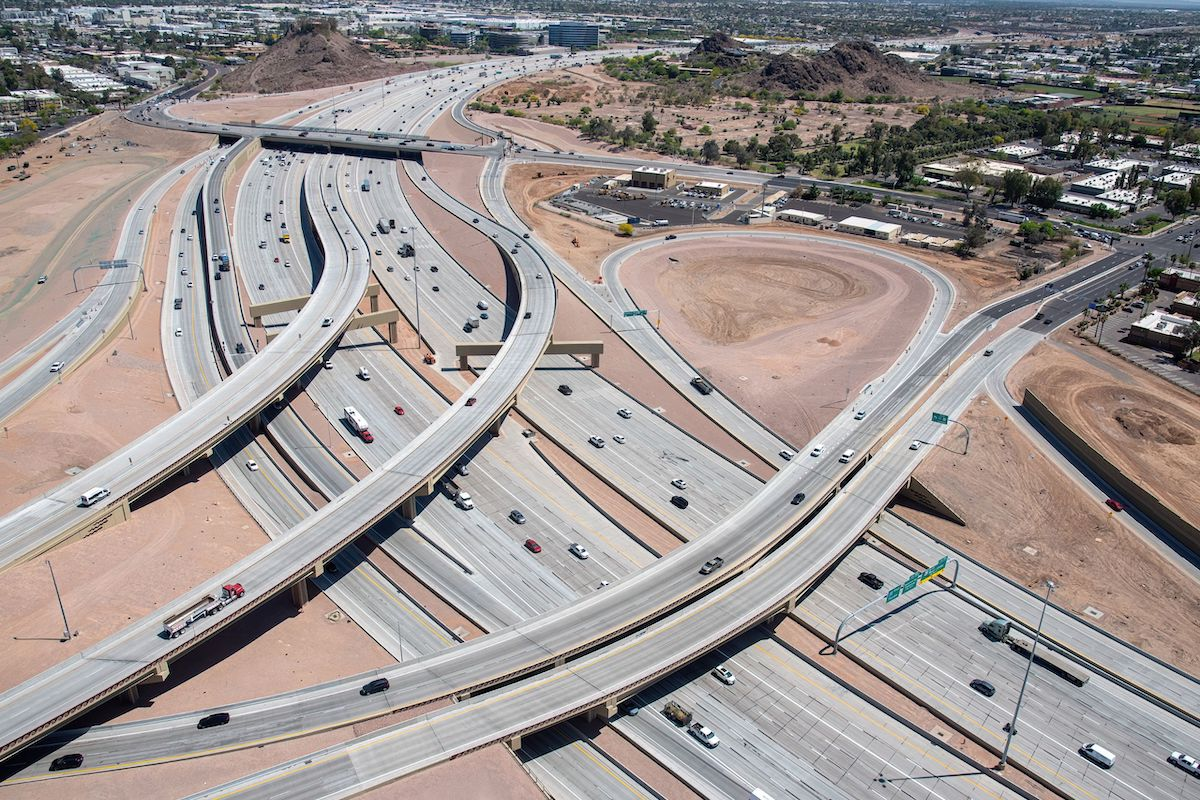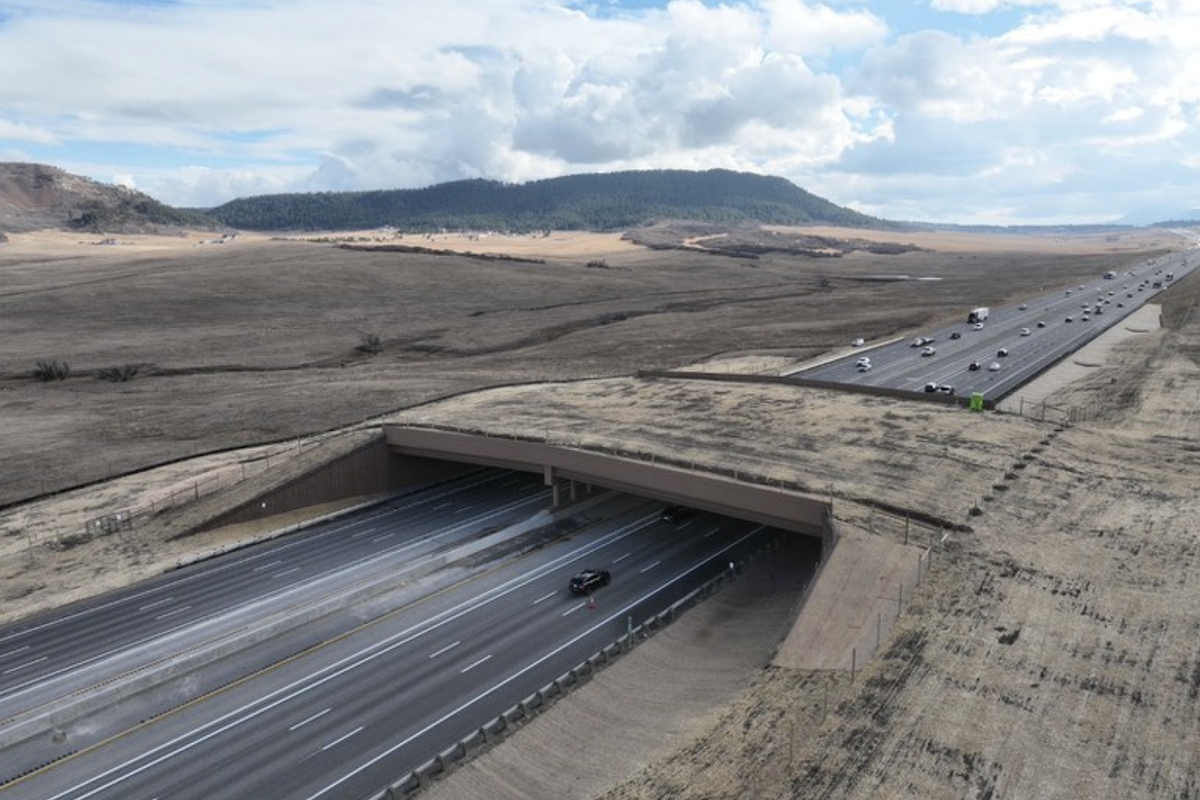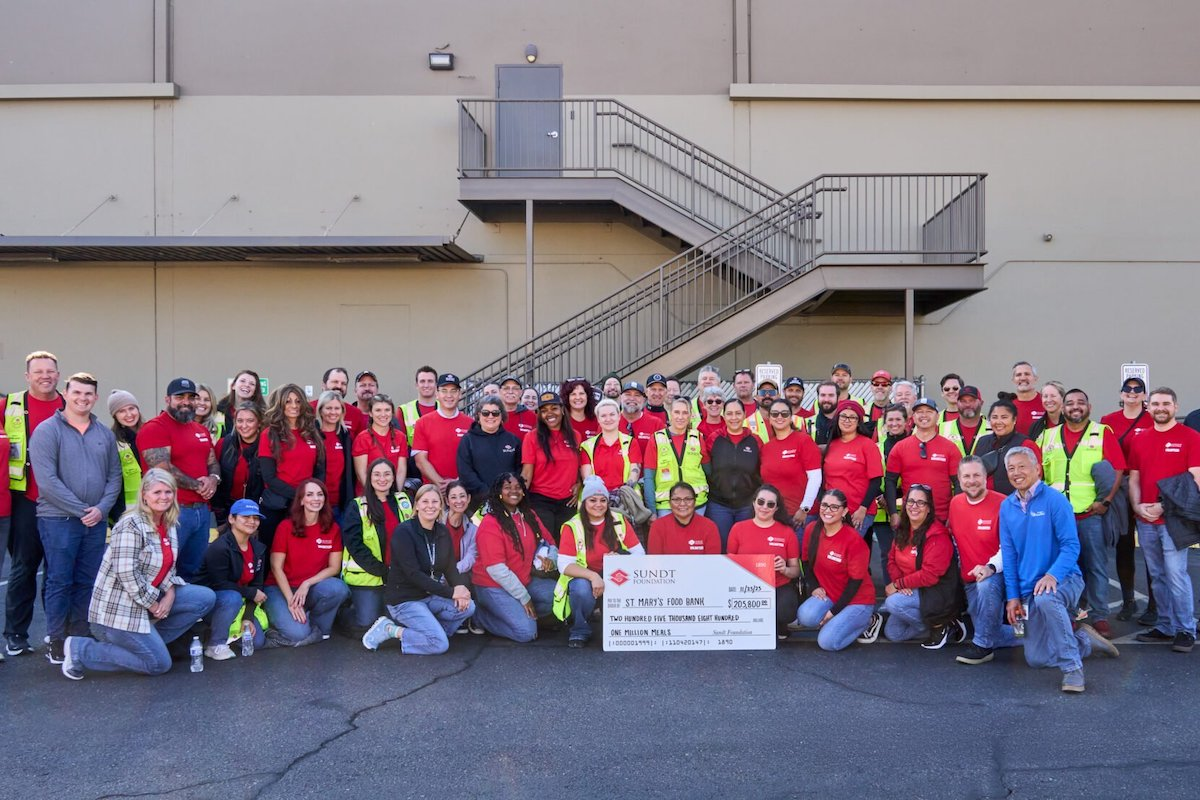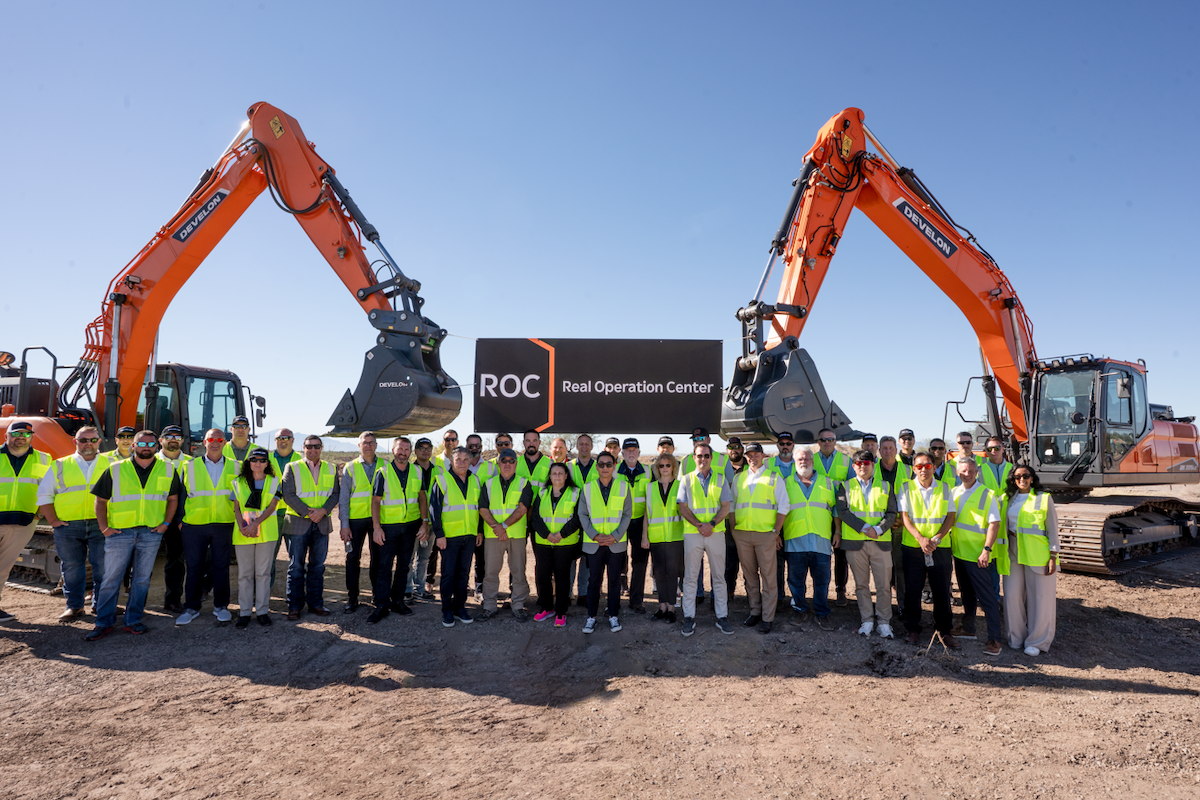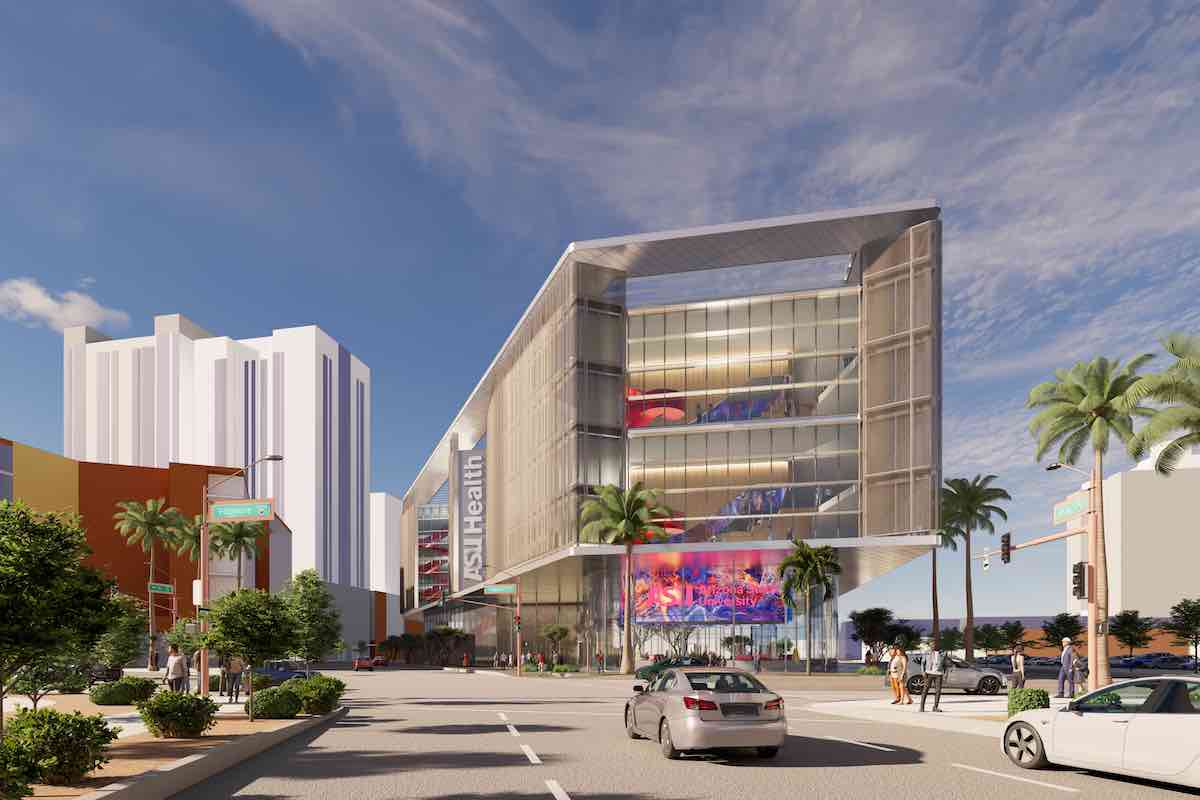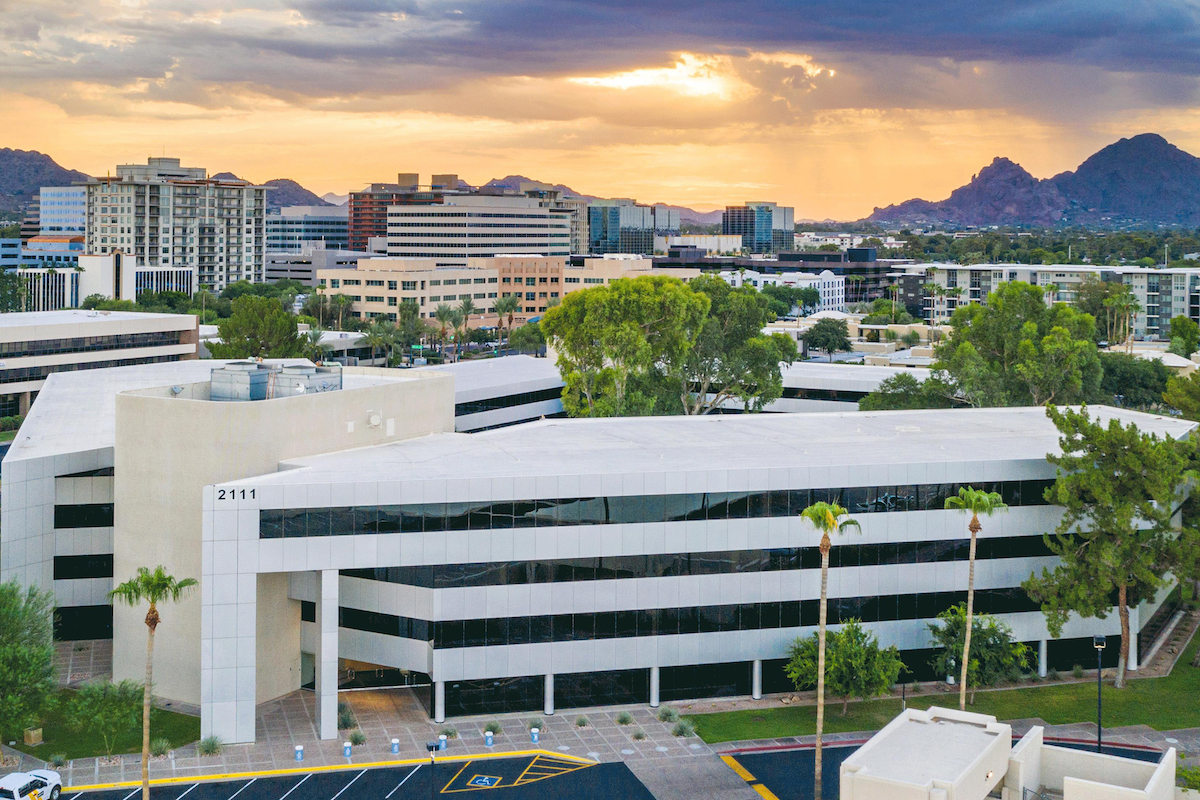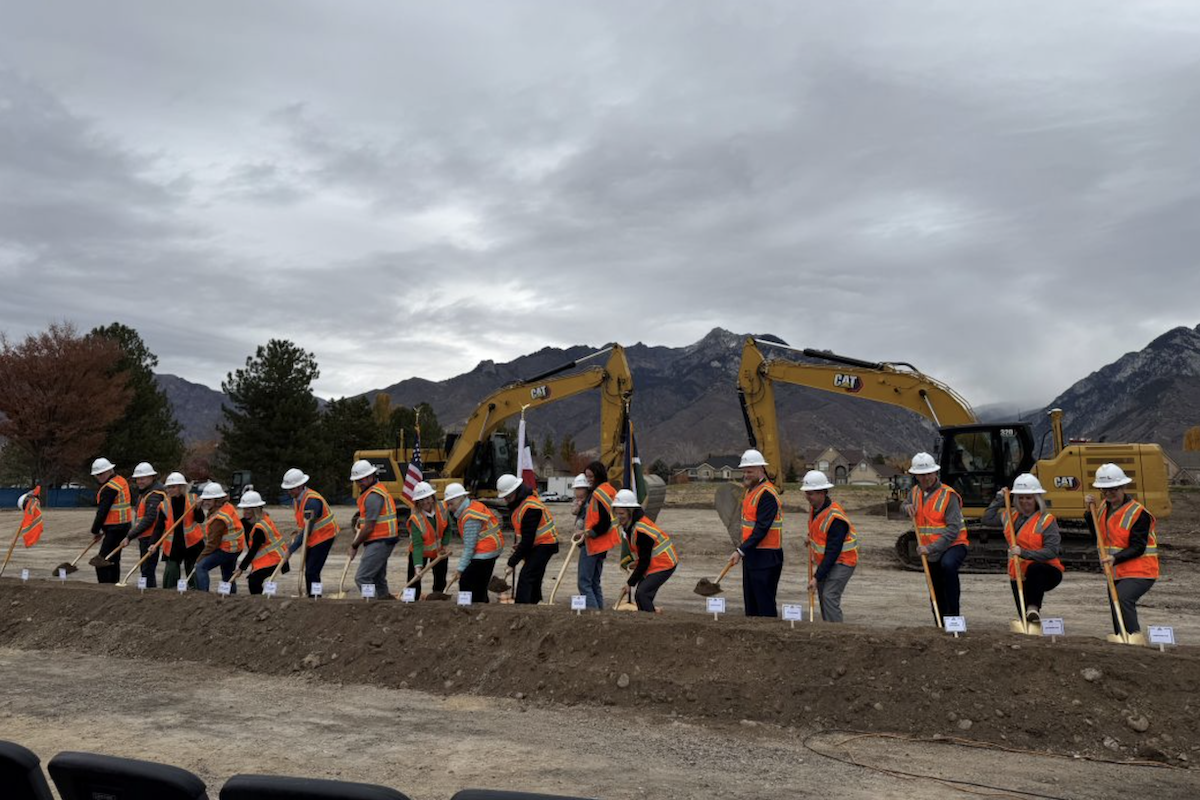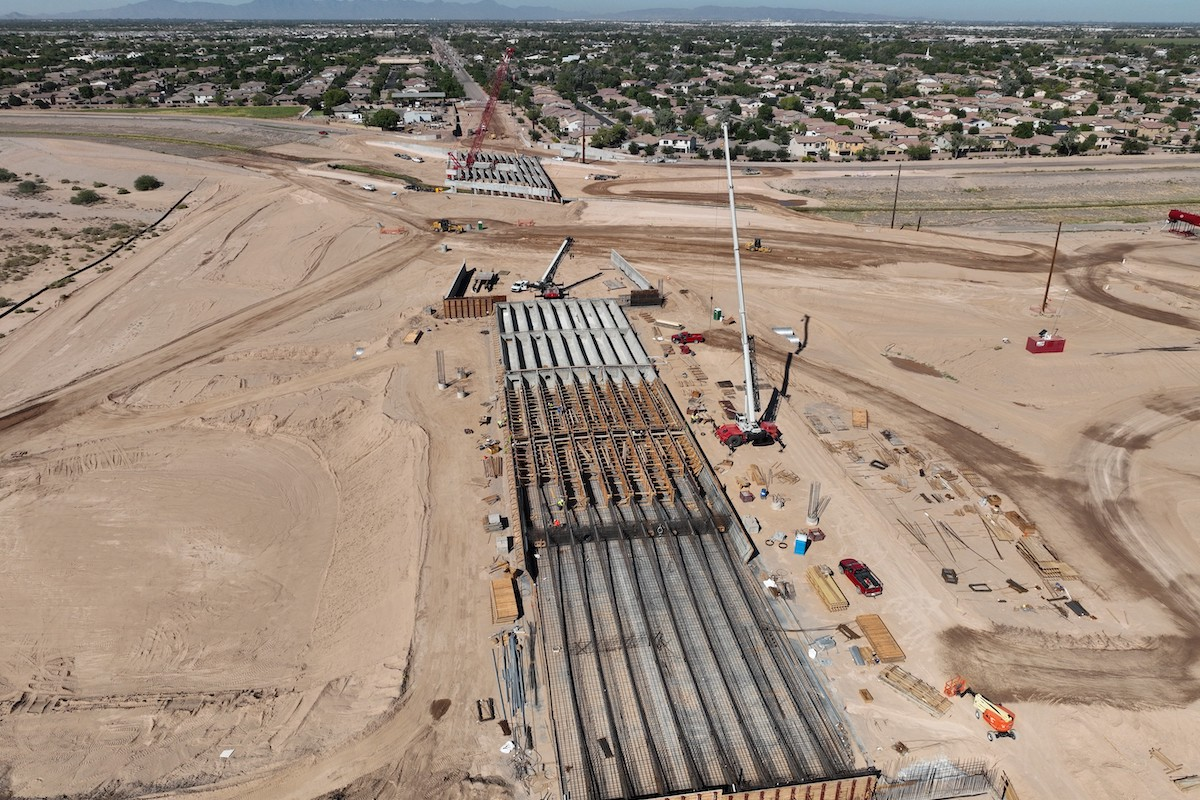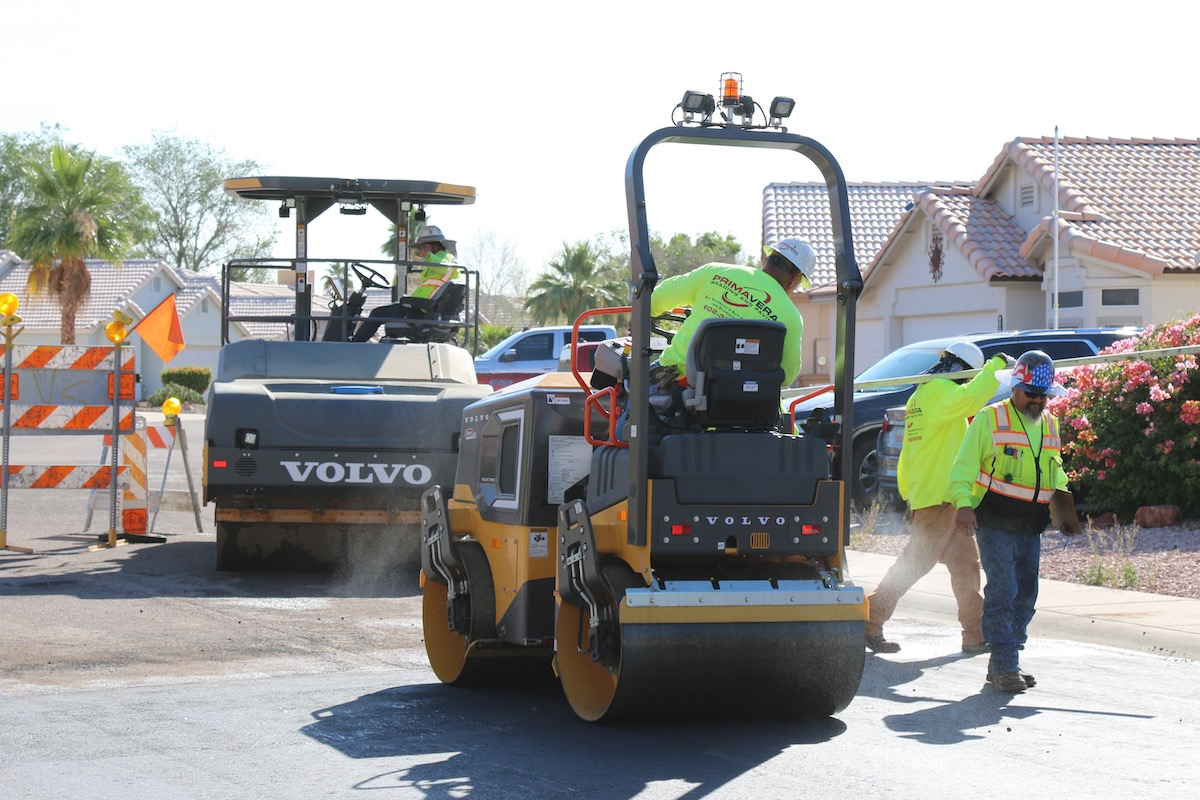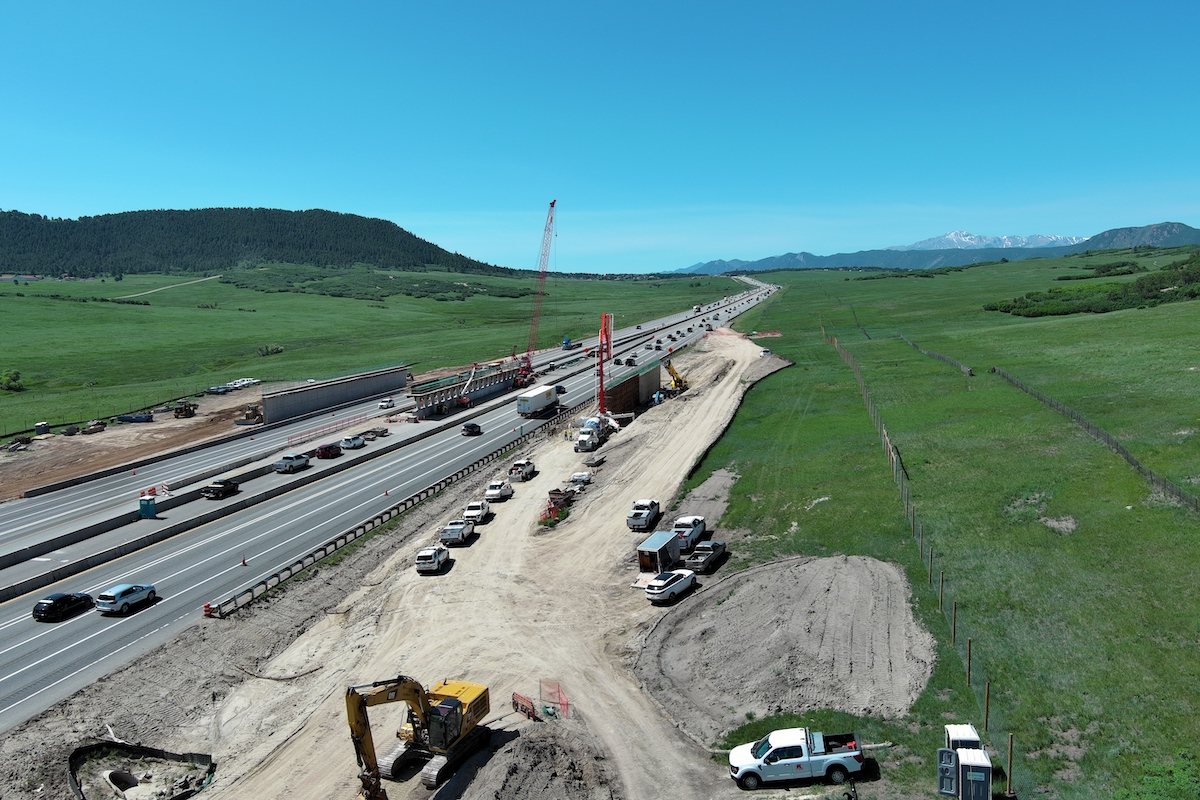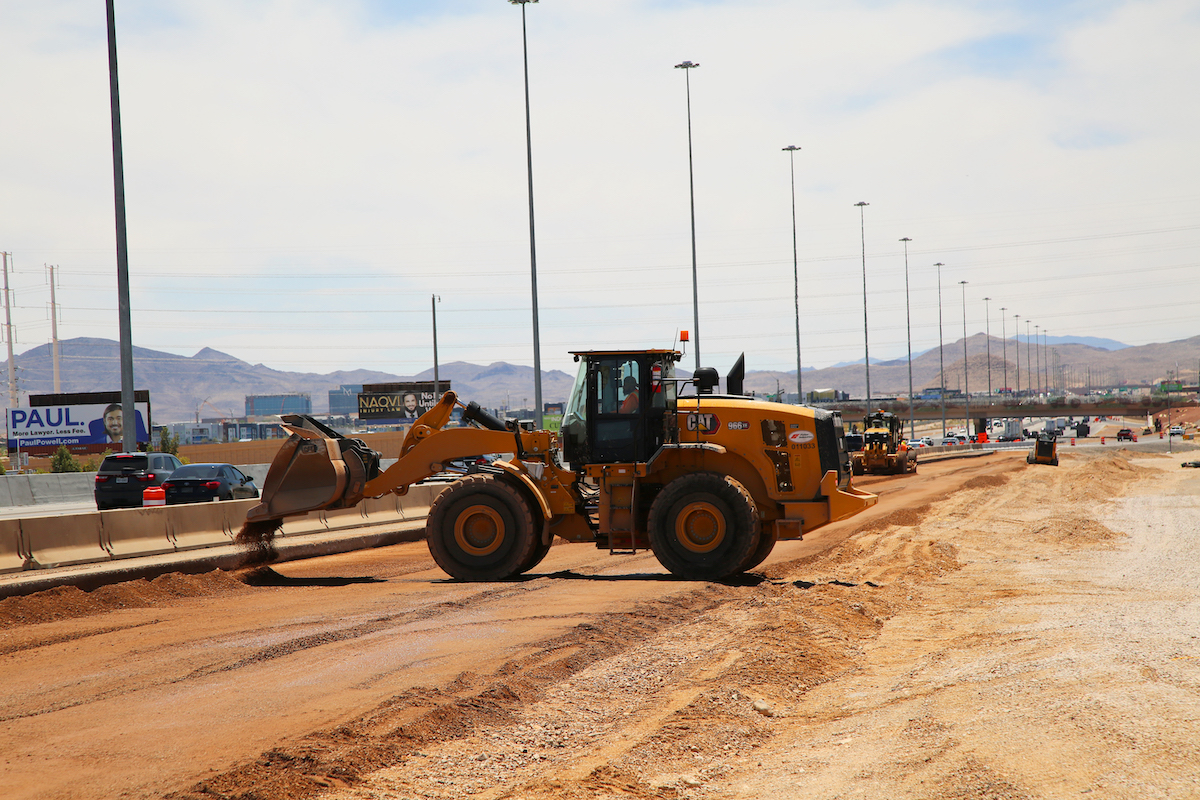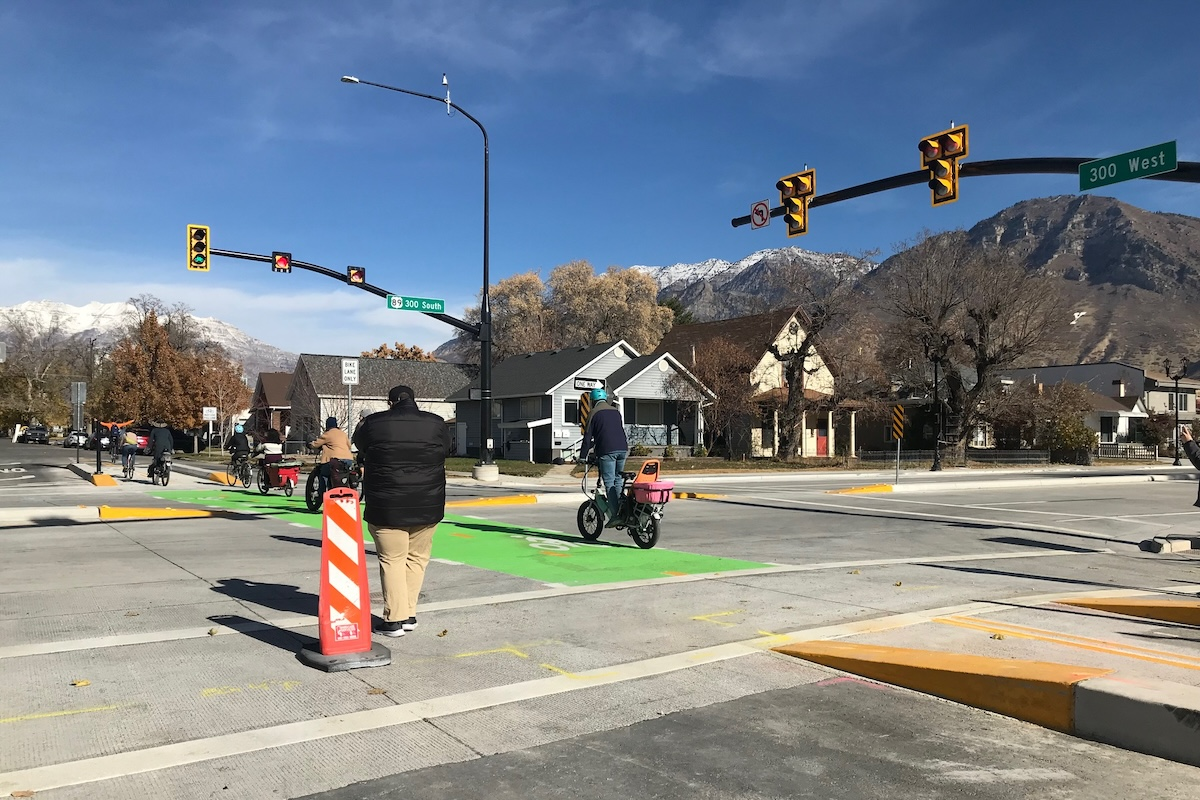In 2017, SDDOT awarded the $55.6 million contract to Riley Bros. Construction, Inc., a Minnesota-based firm serving as the prime contractor. Construction has been underway since January 2018, and involves extending the existing 6.5 miles of Veterans Parkway by roughly 1 mile, reconstructing an outdated interchange on I-90 at Exit 402, and building five new bridges spanning rivers and railroads.
These infrastructure upgrades include a key milestone in the overarching plan for Veterans Parkway – a long-awaited connection between Sioux Falls, a burgeoning community with a population expected to reach 208,000 by 2025, and I-90, a major east-west thoroughfare. In addition to enhancing mobility, the link to I-90 is expected to spur additional residential and commercial development in the region.
Veterans Parkway will essentially parallel I-229, running from the Tea interchange on I-29 (Exit 73) on the south side of Sioux Falls all the way to the I-90 interchange located just west of Brandon (Exit 406). Along with improving travel times for local passenger and freight traffic, the high-speed corridor will serve as the backbone of the region’s transportation system, spurring residential and commercial growth throughout the larger metropolitan area encompassing Minnehaha, Lincoln, Turner, and McCook counties.
“In recent years, a lot of development has taken place on the east and south sides of Sioux Falls, which placed additional stress on the overall transportation network,” explains Travis Dressen, PE, Mitchell Region Engineer, SDDOT. “The Veterans Parkway corridor will be beneficial in supporting these new developments and relieving traffic congestion on other routes. Furthermore, it will play a major role in how we plan other transportation projects in the future.”

| Your local Bobcat dealer |
|---|
| Ditch Witch West |
| Faris Machinery |
| Ditch Witch West |
| Faris Machinery |
Currently, construction activities are taking place between Rice Street and I-90. Here, Veterans Parkway is utilizing a new alignment that ties into Rice Street approximately 1,700 feet east of the intersection of Timberline Avenue and Rice Street, notes SDDOT Project Engineer Brad Tiede.
Though the project length between Rice Street and I-90 is only about a mile long, it represents one of the most complex pieces of the overarching development. “It is substantial in terms of cost and complexity,” Dressen confirms. “While it represents a smaller portion of the corridor that’s being built, it is definitely one of the most complicated pieces, from both planning and construction perspectives.”
While establishing the alignment, environmental impacts presented major obstacles. Dressen elaborates, “There are a number of environmentally sensitive areas on this project, such as the Cactus Hills area and previously undisturbed stream banks. The largest pair of structures on the project span a FEMA floodplain, which has been prone to intense spring flooding. We are required to mitigate impacts to wetlands and a native stream bank channels as well as restore lost trees, among other requirements. We must also be conscious of certain threatened and endangered species in South Dakota, such as bald eagles, northern long-eared bats, lined snakes, and western prairie fringe orchids.”
Minimizing impacts to various utilities was another major consideration. The final design scheme included about $12 million worth of utility relocations, many of which are tied to the Western Area Power Administration facility located within the project limits. Construction of regional detention ponds included deep pipe galleries running beneath active rail lines. Careful coordination been project team members, utilities, municipality representatives, railroad transportation officials, and others proved essential to executing these relocations safely and efficiently.
Tiede notes that 60th Street North and Redwood Boulevard are also being realigned to improve connections to Veterans Parkway. He says this effort requires construction of an additional bridge at Slip-Up Creek and removal of the Timberline Avenue bridge that crosses over the Big Sioux River.

| Your local Gomaco dealer |
|---|
| Faris Machinery |
| Faris Machinery |
In 2019, crews started to reconstruct the existing interchange at Veterans Parkway and Exit 402. Project plans called for the original configuration – a traditional diamond – to be replaced with a signal-controlled, single-point urban interchange capable of handling handle between 30,000 and 36,000 vehicles per day. The new-and-improved interchange, which includes a new bridge with connector ramps to I-90, opened to traffic in October 2019.
Dressen adds, “The project also calls for a signalized intersection at the Redwood Boulevard/60th Street intersection. Geometrically, both the interchange and intersection have been brought up to current design standards to improve sight distance and provide adequate signal spacing, including longer interstate ramp lengths to accommodate a recent change in rural interstate speed limits. Such improvements will equip us to better handle the traffic volumes we’re expecting to see in the future.”
This massive project milestone presents a variety of unique challenges – as well as opportunities for innovation. For instance, SDDOT and Riley Bros. Construction worked together to find the most effective way to construct the bridge foundations, which are located in the area’s Split Rock Creek Formation. The condition of the aquifer-type bedrock material, Dressen explains, is less predictable than the durable quartzite bedrock commonly found in other southeastern South Dakota bridge locations.
“Originally, the footings, which are 16 feet by 16 feet wide and 5 1/2 feet thick, were going to be anchored into the formation using standard dowel bars. However, once we started drilling holes into the formation, we experienced artesian water that had about 9 feet of head pressure coming out of the rock,” Dressen says. “Our method of traditional epoxy injection wasn’t going to work in this case, so we used pressure injection instead to reduce subsurface water. We also used grout pumps and deeper dowels, which required further analysis and redesign of the footings while construction was underway. On almost every occasion, instead of placing the footing directly on the bedrock, we placed concrete seals, or mudsills, underwater to eliminate infiltration from below the new bridge footings.”
According to Borden, all mudsills had to be poured underwater to overcome the head pressure in the rock itself. “To do this, we used self-consolidating concrete placed with the tremie-tube method. As far as I know, this is the first time that South Dakota’s done this,” he says. “As part of the foundation construction process, we excavated down to sound bedrock, flooded in the cofferdam until it achieved a static condition, and then placed concrete for the mudsills, which are a minimum 18 feet by 18 feet by 2 feet thick.”

| Your local Trimble Construction Division dealer |
|---|
| SITECH Southwest |
| SITECH Northwest |
| SITECH Rocky Mountain |
| SITECH Southwest |
| SITECH Northwest |
| SITECH Rocky Mountain |
He adds, “The mudsills and footings are being held down into the rock by five #11 rebar, which are embedded a minimum 5 feet into the rock and 5 feet into each mudsill and footing. Some locations are embedded deeper depending on the design constraints and size of the mudsill used, and certain mudsills were poured to the interior limits of the cofferdam. When larger mudsills were used, the rebar was drilled deeper into the bedrock, to a minimum of 9 feet of embedment.”
“The overall rainfall really slowed grading operations and created tough working conditions throughout 2018 and 2019, which were some of our wettest years on record in the Sioux Falls area. As a result, work between the south side of I-90 to Rice Street didn’t really ramp up until spring 2020,” Dressen says. “Once this critical path item is completed, hopefully by late 2020, it will open the rest of the corridor.”
Along with prime contractor Riley Bros. Construction, Inc., more than 20 subcontractors have lent their expertise on this latest portion of the parkway expansion. This includes Wisconsin-based Lunda Construction Company, which is overseeing all bridge construction, and T&R Contracting, Inc., a local firm that placed nearly 89,000 square yards of Portland cement concrete pavement, the majority of which was constructed in spring 2020.
While future work on Veterans Parkway is not currently included in South Dakota’s Statewide Transportation Improvement Program (STIP), project stakeholders remain committed to seeing the entire 17-mile project through to completion.
“Development of the Veterans Parkway corridor wouldn’t be possible without the hard work and dedication of our project staff, contractors and design engineers,” Dressen emphasizes. “This landmark endeavor truly exemplifies the South Dakota Department of Transportation’s vision of providing better lives through better transportation. We look forward to the positive impacts this project will have on travelers and the economy in the region.”

| Your local Volvo Construction Equipment dealer |
|---|
| Faris Machinery |
| Faris Machinery |



